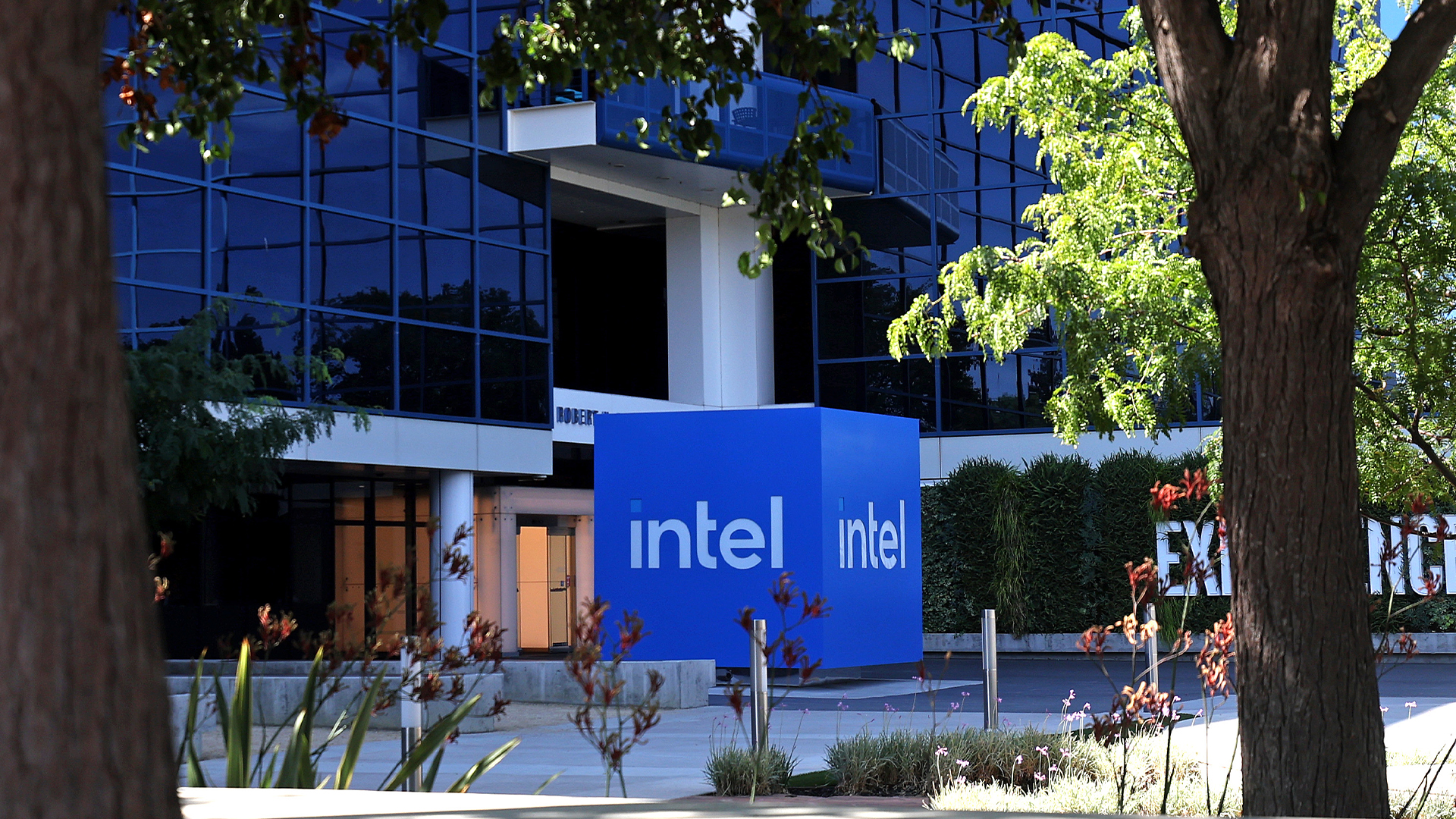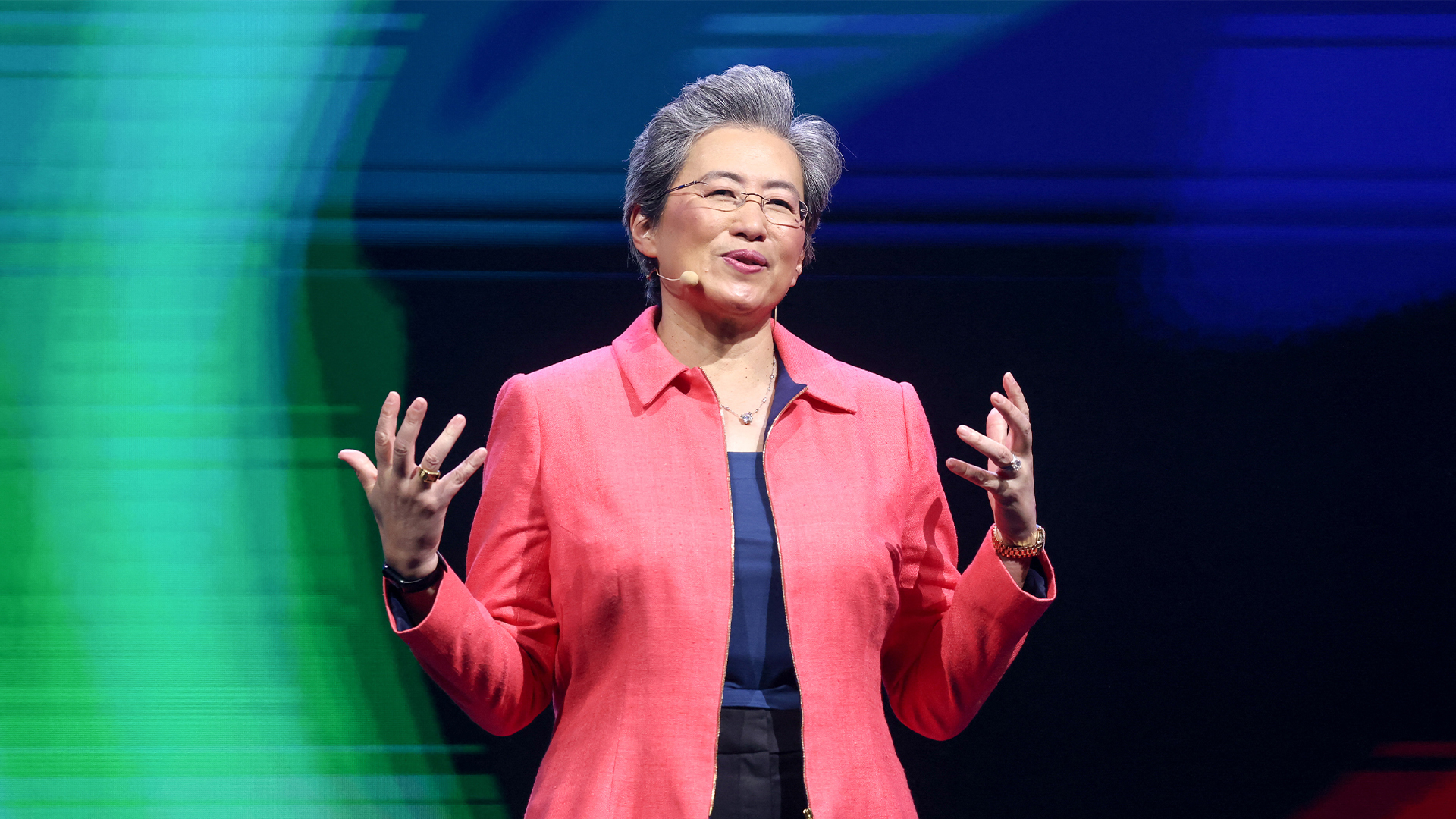Intel to axe 24,000 roles, cancel factory plans in sweeping cost-cutting move
Despite better than expected revenue in its Q2 results, the chip giant is targeting a leaner operation


Intel has announced plans to cut its global workforce by 15% and cancelled plans to build new chip factories in Germany and Poland.
The chip giant's decision comes fresh off the back of its Q2 2025 results, in which it reported flat year-on-year revenue of $12.9 billion, higher than analyst expectations of $11.92 billion but still resulting in an overall net loss of $2.9 billion across the quarter.
In light of the results, the firm has announced a strict new focus on long-term growth and regaining lost market share, to be realized in the short term through cuts.
Intel plans to end the year with approximately 75,000 employees, with its management layers also trimmed by 50%.
"All of this is designed to drive organizational effectiveness and transform our culture. We will become a faster, more agile, and more vibrant company," explained Intel chief executive Lip-Bu Tan in a statement.
"We will eliminate bureaucracy and empower engineers to innovate with greater speed and focus. And we will reduce our costs to enable investments in future growth. These are the building blocks of a new Intel – and we took important steps in the right direction in Q2."
Just last month, Intel announced new senior engineering hires, even as it warned that its wider workforce were facing job cuts. At the time, staff were told the cuts could target 15% to 20% of the workforce.
Sign up today and you will receive a free copy of our Future Focus 2025 report - the leading guidance on AI, cybersecurity and other IT challenges as per 700+ senior executives
The firm has also instituted a full return to office (RTO) policy, which will come into effect in September.
Intel's 18A and 14A manufacturing strategies were intended to reduce the firm's reliance on Taiwan Semiconductor Manufacturing Company Limited (TSMC), but have so far not delivered on this promise.
Earlier this month, Tan told employees that Intel is "not in the top 10 semiconductor companies" any longer, according to reporting by OregonLive.
Writing ahead of the results, Alvin Nguyen, senior analyst at Forrester, said that Tan's comments necessitate a clearer strategy on regaining Intel's lost market position.
"Layoffs in the foundry business and the possibility of refocusing customers from 18A onto 14A need to be addressed," Nguyen wrote.
"Intel's 18A was supposed to bring the company back to semiconductor leadership, however, the layoffs impacting foundries around the world could reflect more than just cost-cutting – for example, it could be down to taking a more strategic focus on specific fabric technology and capacity."

Rory Bathgate is Features and Multimedia Editor at ITPro, overseeing all in-depth content and case studies. He can also be found co-hosting the ITPro Podcast with Jane McCallion, swapping a keyboard for a microphone to discuss the latest learnings with thought leaders from across the tech sector.
In his free time, Rory enjoys photography, video editing, and good science fiction. After graduating from the University of Kent with a BA in English and American Literature, Rory undertook an MA in Eighteenth-Century Studies at King’s College London. He joined ITPro in 2022 as a graduate, following four years in student journalism. You can contact Rory at rory.bathgate@futurenet.com or on LinkedIn.
-
 Microsoft unveils Maia 200 accelerator, claiming better performance per dollar than Amazon and Google
Microsoft unveils Maia 200 accelerator, claiming better performance per dollar than Amazon and GoogleNews The launch of Microsoft’s second-generation silicon solidifies its mission to scale AI workloads and directly control more of its infrastructure
-
 Infosys expands Swiss footprint with new Zurich office
Infosys expands Swiss footprint with new Zurich officeNews The firm has relocated its Swiss headquarters to support partners delivering AI-led digital transformation
-
 Intel makes high-level hires while factory workers are warned of layoffs
Intel makes high-level hires while factory workers are warned of layoffsNews The company is appointing four senior executives as part of efforts to refocus on engineering and customer relationships
-
 Intel layoffs confirmed as CEO eyes 'sustainable growth'
Intel layoffs confirmed as CEO eyes 'sustainable growth'Intel’s new CEO Lip-Bu Tan has confirmed the company will be cutting its headcount in response to sluggish revenue.
-
 Everything you need to know about Lip-Bu Tan, Intel’s new CEO
Everything you need to know about Lip-Bu Tan, Intel’s new CEONews Intel has announced its next CEO in the wake of Pat Gelsinger's retirement, naming former board member Lip-Bu Tan as its new leader months after he quit.
-
 Intel CEO Pat Gelsinger announces retirement
Intel CEO Pat Gelsinger announces retirementNews Gelsinger’s departure comes amid a tumultuous period at Intel
-
 AMD to cut around 1,000 staff to focus on "growth opportunities"
AMD to cut around 1,000 staff to focus on "growth opportunities"News The AMD layoffs come after rival Intel cut staff on the back of flagging AI returns
-
 Meta layoffs hit staff at WhatsApp, Instagram, and Reality Labs divisions
Meta layoffs hit staff at WhatsApp, Instagram, and Reality Labs divisionsNews The 'year of efficiency' for Mark Zuckerberg continues as Meta layoffs affect staff in key business units
-
 The power and the pain: Looking forward so you’re not held back
The power and the pain: Looking forward so you’re not held backAvoiding server modernization may seem like a cost-saving strategy, but the hidden risks of downtime, security breaches, and operational inefficiencies can quickly become far more costly…
-
 Modernization: Nothing to fear except failing to future-proof
Modernization: Nothing to fear except failing to future-proofAs businesses face mounting pressure to innovate while maintaining daily operations on tight budgets, modernization has become a necessity, not a luxury